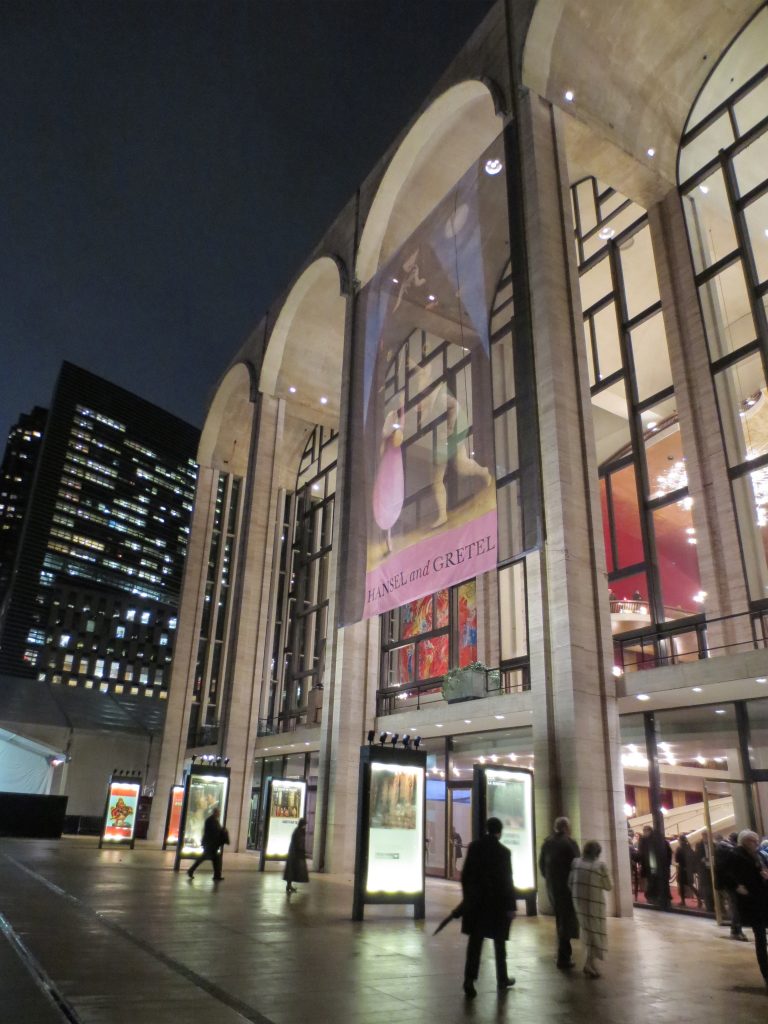

“No, thank you for your note,” Peter yells back.

“Thanks for your note, Peter,” one shouts as we rip past. There are possibly more tuxedos darting around the corridors of this place than on the deck of the Titanic. My patent-leather shoes pinch as I scamper to keep up with Gelb. Locker rooms, supply closets, and freight elevators. Concrete floors and fluorescent lighting. Caterers, assistants, and various people wearing headsets pop out of doorways to shout “Good luck, Peter!” He jams his finger on an elevator button a couple of times and says out of the corner of his mouth, “I feel like I’m in a Frank Capra movie.”ĭown, down, down, deeper into the bowels of the opera house we go. Now we’re jogging along carpeted hallways. And opera may be the last critic-dependent art form in America. In his 16 years as the Met’s general manager, he has always opened the season with a new production, but they don’t always go over so well. Ordinarily, he’s dry, a little sardonic, but tonight he’s practically vibrating with nervous energy. “Pretty amazing,” observes Gelb, who turns 68 this month. Even from up here, the canary yellow of Laverne Cox’s gown really pops. And there’s the executive editor of the Times, Dean Baquet, and his presumptive successor, Joe Kahn.

Isn’t that Mark Ronson with Grace Gummer? Check out Don Lemon’s velvet cape. Scored by Terence Blanchard, the trumpeter and jazz maestro best known for his work on Spike Lee’s films, Fire is, notably - you might say appallingly - the Met’s first opera, ever, by a Black composer. Far below, beyond the constellation of Austrian-crystal chandeliers, the canti-levered plush red staircases, and the swirly 36-foot-tall Marc Chagall murals, the tuxedoed and begowned are arriving to celebrate the premiere of Fire Shut Up in My Bones, based on New York Times columnist Charles Blow’s memoir. Could it happen to the Met, too?īut there is no time to think about that tonight. After all, the 70-year-old New York City Opera, with which it shared Lincoln Center, ran aground in 2013. In its 138-year history, the institution had never been so imperiled. That time in which the hall sat empty, its innards decaying, cost the Met $150 million in revenue and threw its problems into relief. Gelb waived his own salary for nine months. The Met furloughed 1,000 people the orchestra and chorus went unpaid. He’s looking down on something thrilling, if slightly terrifying.ĭuring the months of the pandemic inside the darkened opera house, pieces of the dormant machinery that powers the mammoth sets began to rust, break, and fall apart. It’s opening night at the Met, one of the most sacred evenings in the cultural and civic life of the city. “I haven’t been up here in 16 months,” he says dazedly. Dressed head to toe in black Armani, Peter Gelb is white-knuckling the railing on the sixth floor of the Metropolitan Opera House.


 0 kommentar(er)
0 kommentar(er)
